The printed receipts you receive after making a purchase are toxic. The primary chemicals used in the thermal coating of printed receipts, namely bisphenol S (BPS) and bisphenol A (BPA), are harmful. Exposure to these substances has been connected to several health issues, including cancer, cardiovascular illnesses, and problems with reproduction and development
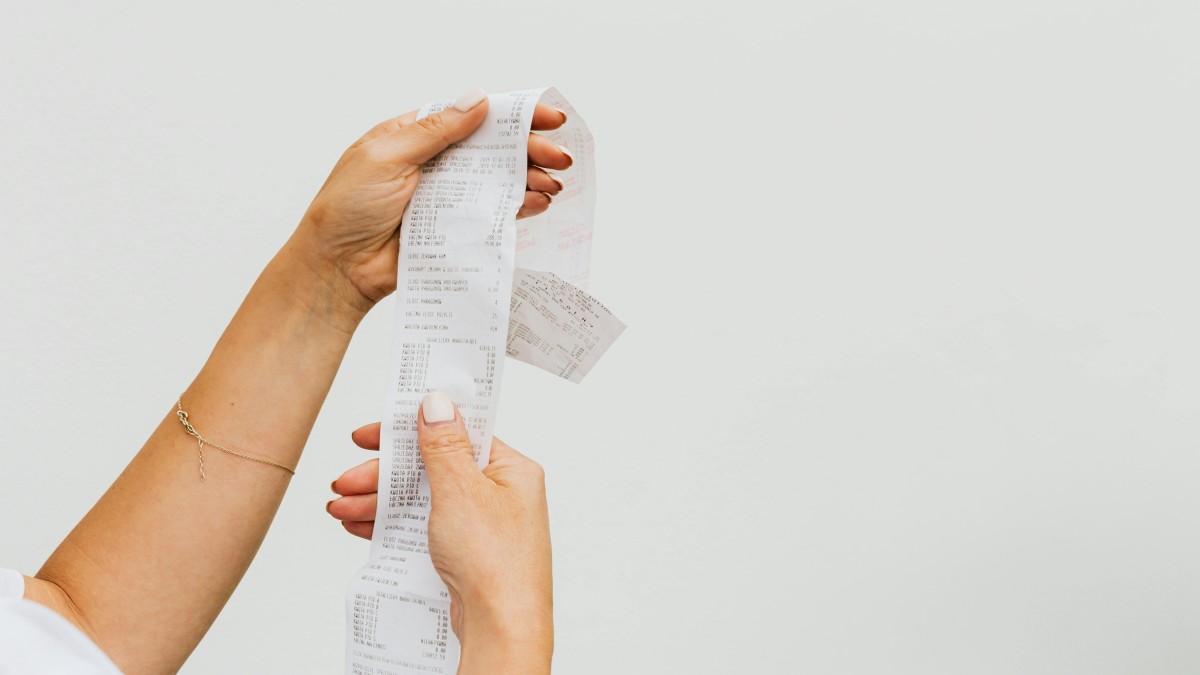)
When at all possible, the Ecology Center advises customers to refuse printed receipts and to wash their hands after accepting one. Pexels/Representative Image
Taking paper receipts after dining or shopping is a common practice, but it can also be risky.
The reason?
This is because shiny paper receipts, often known as thermal paper, contain “toxic chemicals,” including bisphenol A (BPA).
Let’s take a look.
The toxic chemicals in paper receipts
The primary chemicals utilised in the thermal coating of this kind of paper, namely, bisphenol S (BPS) and BPA, are harmful.
Dr Aniket Mule, consultant in internal medicine, at Wockhardt Hospitals in Mira Road, told Indian Express, “Both BPA and BPS are endocrine disruptors, meaning they can interfere with the hormone system in humans.”
About 80 per cent of receipts from 144 large chain retailers in 22 US states and Washington, DC, contained bisphenols, according to a 2023 analysis by the Ecology Centre, a nonprofit environmental health organisation.
According to the study, receipts from stores like Walmart and eateries like McDonald’s included both bisphenol S, sometimes known as BPS, and BPA, a chemical used in the manufacturing of polycarbonate plastics.
“Receipts are a common exposure route for hormone-disrupting bisphenols which readily absorb through the skin. Our studies show most retailers use bisphenol-coated receipt paper,” Melissa Cooper Sargent, environmental health advocate at the Ecology Center, said in a statement last year.
According to the survey, since the previous time the chemicals were tested, the percentage of chains and stores employing receipts containing BPA or BPS has decreased, from 93 per cent in 2017 to 80 per cent at this time.
Major health risks
Phenols are present in the thermal paper in an unbound form that easily penetrates your skin.
Mugdha Pradhan, functional nutritionist, CEO and founder, iThrive explains to Indian Express that just touching them briefly can raise levels of BPA in your bloodstream.
According to the newspaper, which cited Dr Mule, exposure to these substances has been connected to a number of health issues, including cancer, cardiovascular illnesses, and problems with reproduction and development.
The US Centers for Disease Control and Prevention state that although BPA is known to have an impact on laboratory animals’ reproductive systems, further research is needed to determine how it may harm human health.
Nearly every person the CDC tested had the chemical in their urine; the agency notes that this suggests “widespread exposure to BPA.”
Alternative option
A few retailers have promised to use chemical-free receipt paper going forward.
The Toxic Free Future website states that after discovering safer substitutes like Pergafast 201, Washington last year became the first state in the US to outlaw bisphenols as a class in receipt paper. The prohibition will go into force in January 2026.
Walgreens last year announced plans to switch to phenol-free paper receipts – paper made without phenol-based chemicals like BPA or BPS – at its 9,000 locations. Other retailers in the US like Best Buy, Costco, CVS Health, REI, Target, TJX Companies (including T.J. Maxx, Marshalls, and HomeGoods have also committed to phase out these chemicals.
According to SciAlert, some countries like France, Canada, Belgium, Denmark, and Sweden have banned the BPA.
When at all possible, the Ecology Center advises customers to refuse printed receipts and to wash their hands after accepting one. Additionally, it stated that since the backside of the paper is usually not coated with chemicals, customers can fold their receipts with the printed side facing inside.
Additionally, it was advised that young children and infants not handle bills.
With inputs from agencies

 5 months ago
15
5 months ago
15

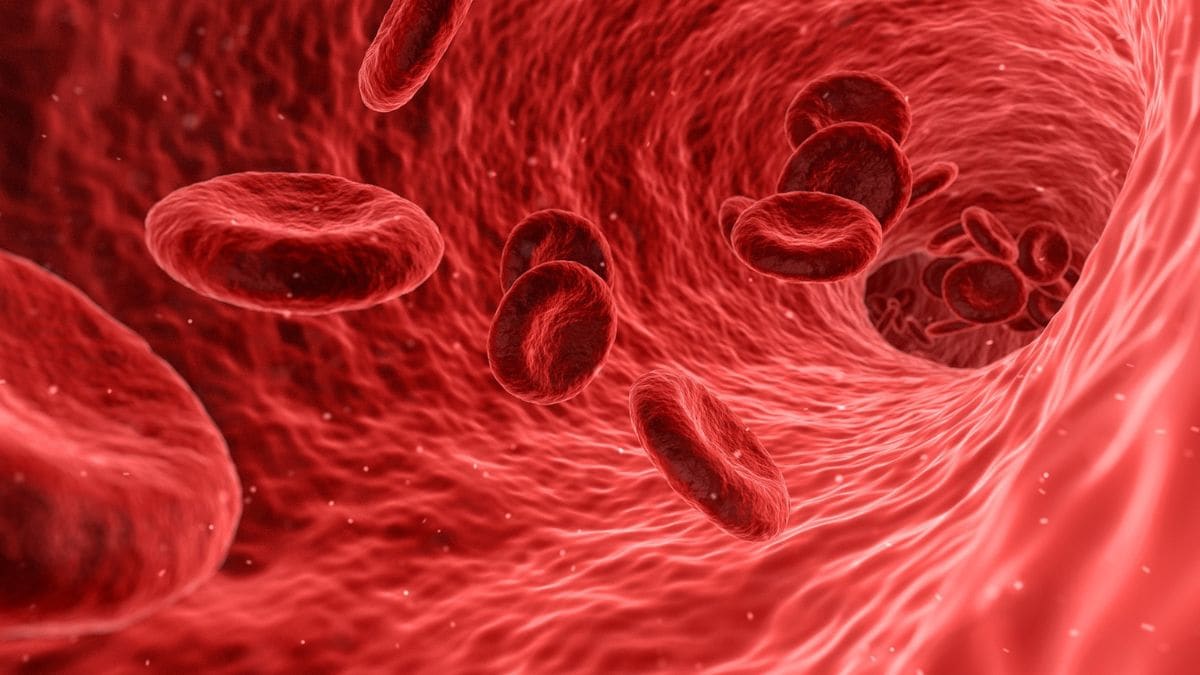
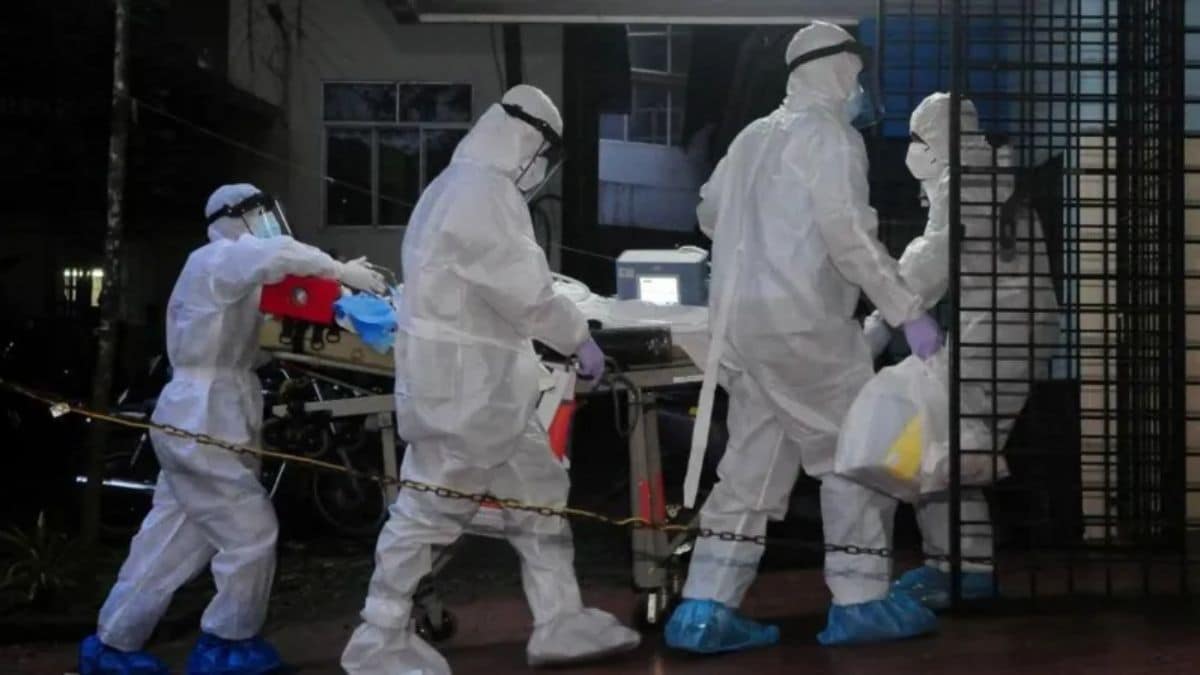
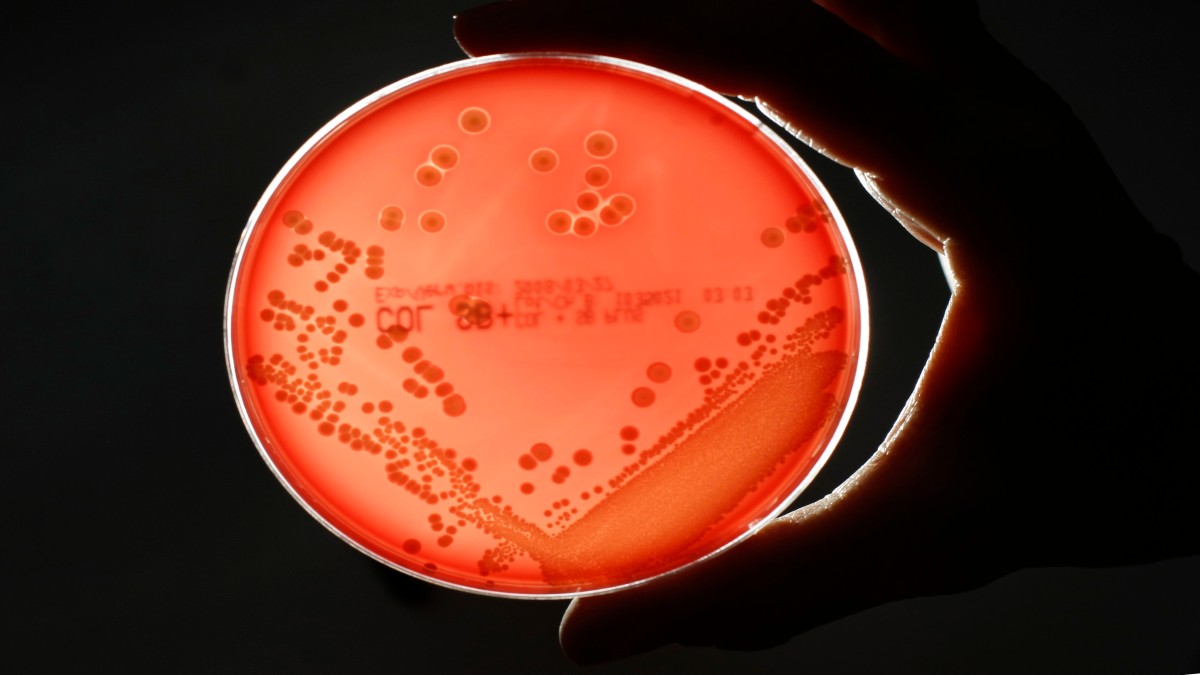



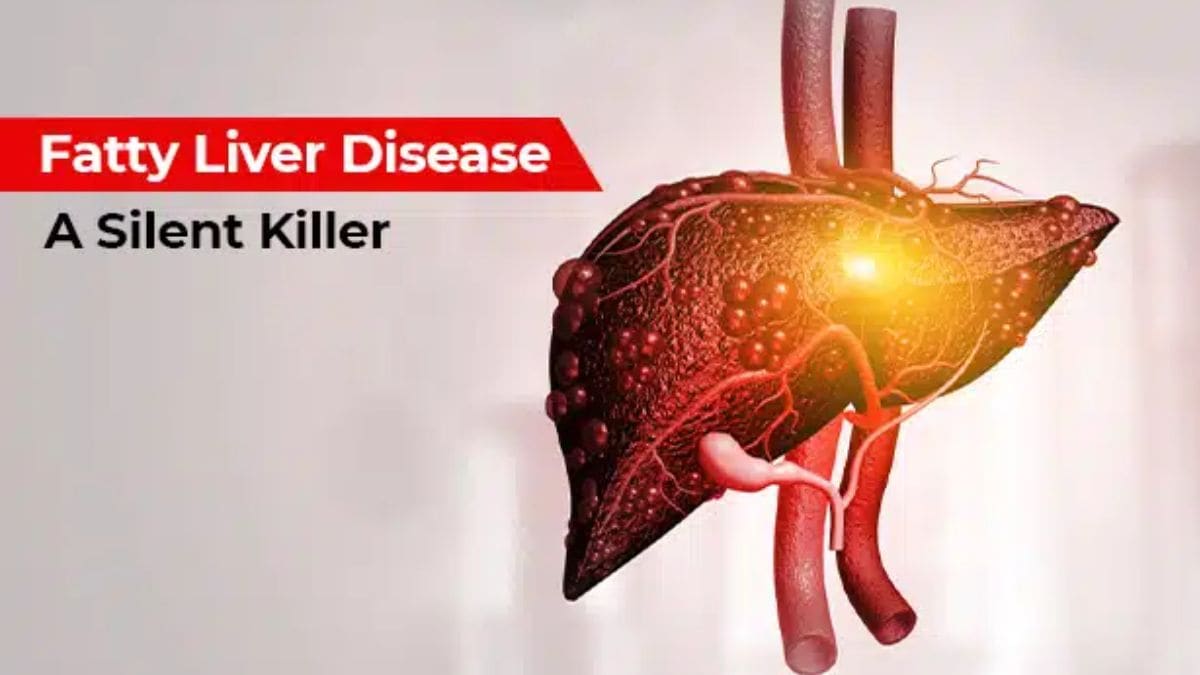
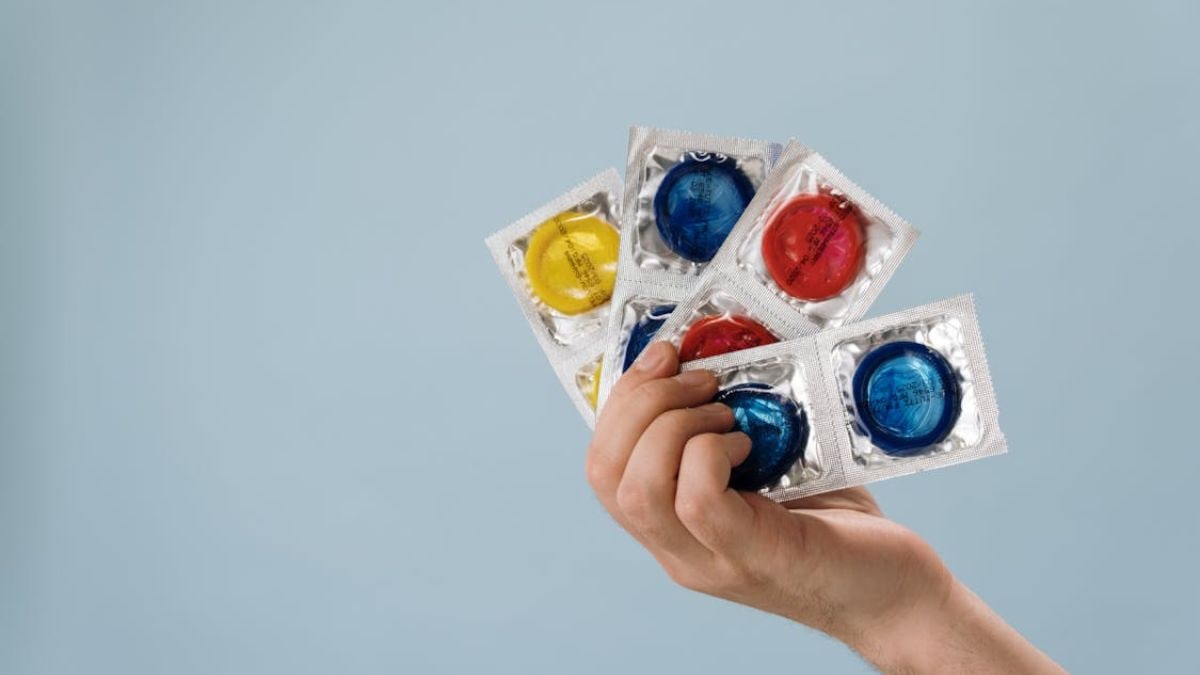
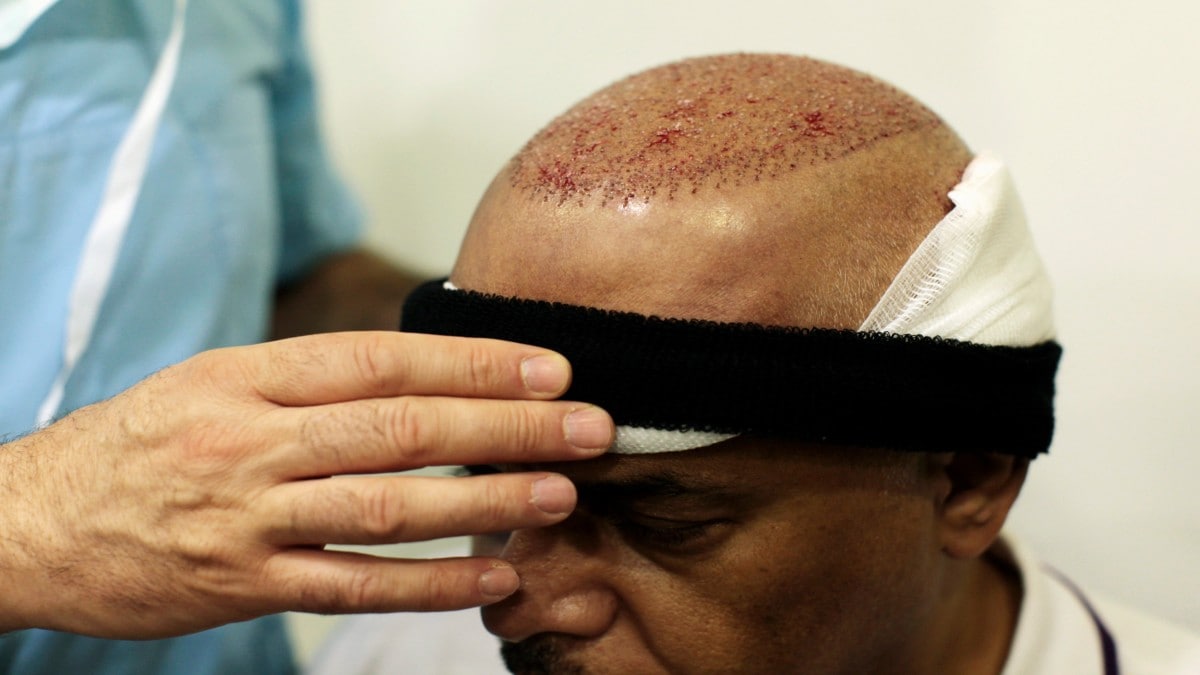

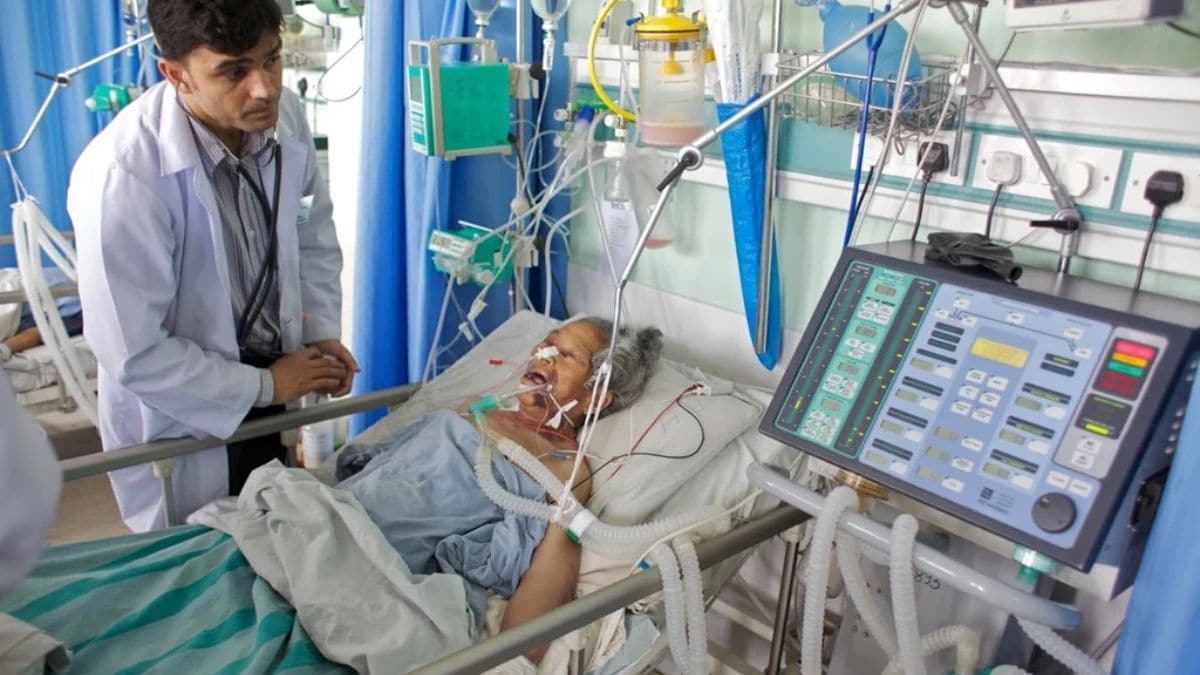
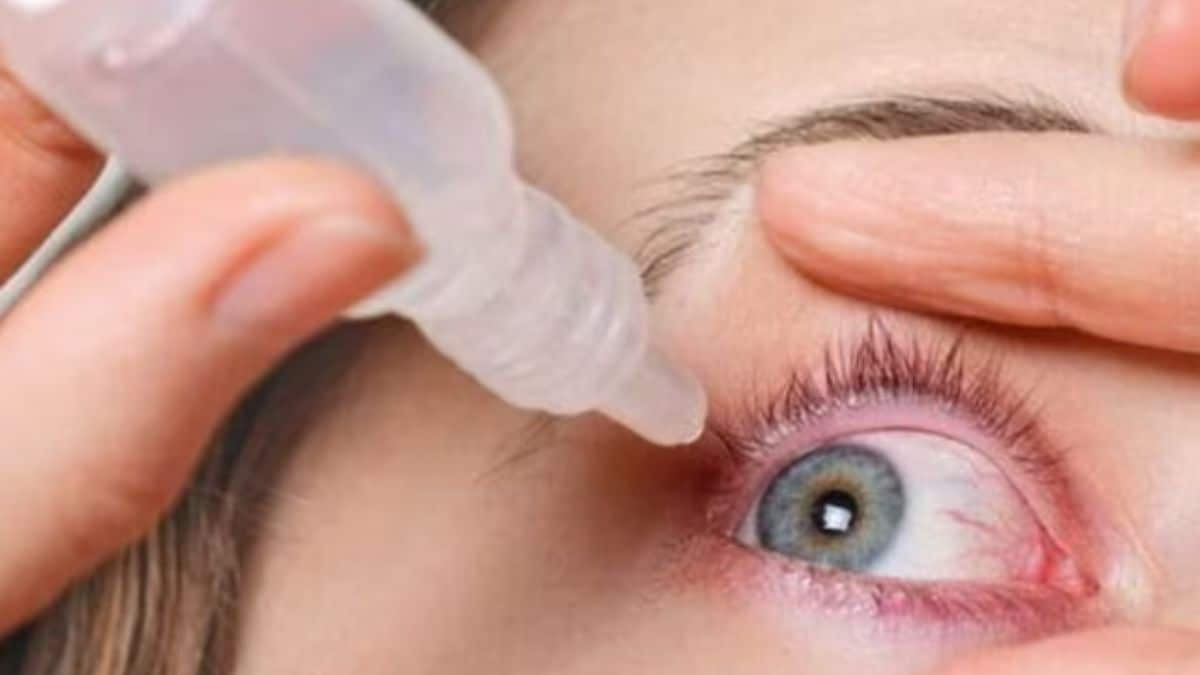


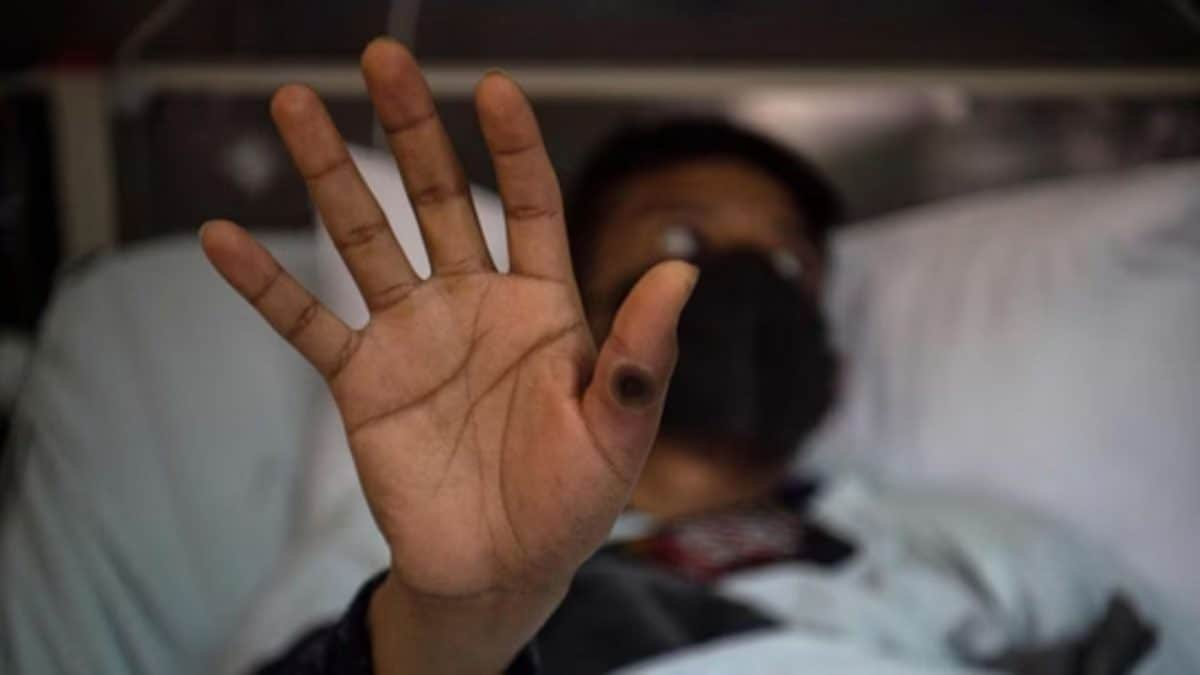
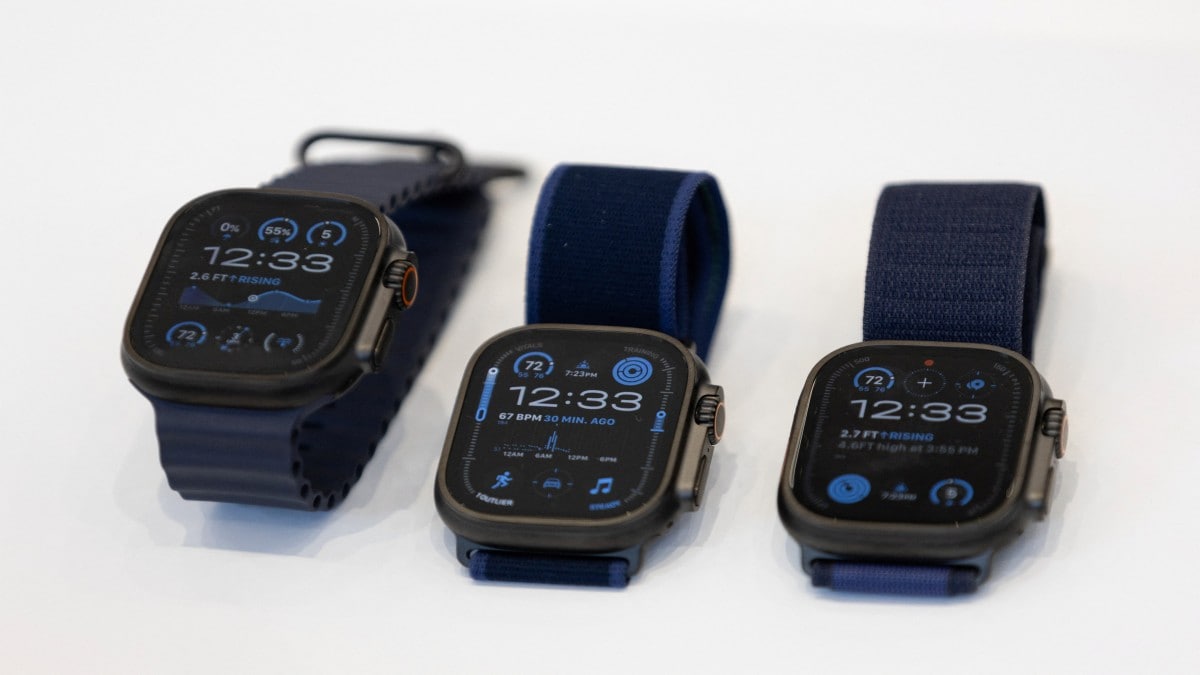

)
)
)
)
)
)
)
 English (US) ·
English (US) ·